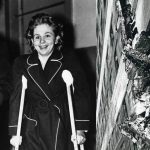Each passing day sees the loss of more World War II heroes. With most now in their 90s, soon only a precious few will remain to recount their tales of bravery and resilience.
While history remembers some prominent figures, countless others remain unsung. Some fell in battle, their stories forever lost. Others chose humble silence over acclaim.
From soldiers to fighters and even civilians, this list honors the heroes of World War II whose stories deserve to be told.
1. Sister Greaves saved countless soldiers from death
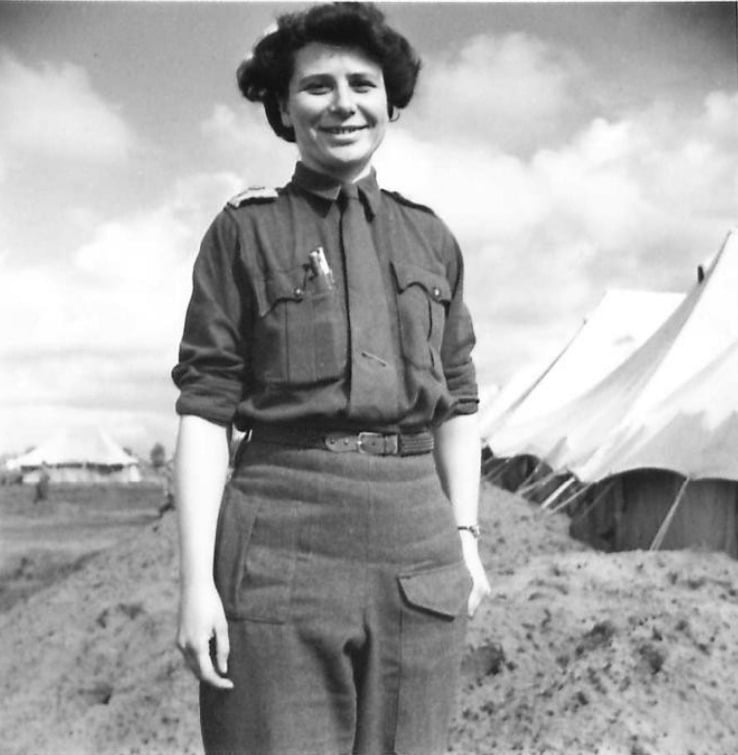
Born in 1911, Sister Sheila Greaves became a nurse in her twenties and joined the Imperial Military Nursing Service in 1938. When Germany invaded France, she was there with the British Expeditionary Force.
After being part of the Dunkirk evacuation, she continued nursing in different places. From 1941 to 1943, Sister Greaves served in the Middle East. In 1943, she served with British and American forces in Sicily and Italy.
During the Allied advance in Italy, they faced strong German resistance and had to launch the Anzio amphibious operation in 1944.
Sister Greaves managed Casualty Clearing Stations Number Two and Fifteen on Anzio’s beaches. These stations treated severely injured soldiers and evacuated back to the UK by sea.
On March 14, 1944, during a German air attack, Sister Greaves was at work despite constant artillery and air assaults. As enemy planes bombed near her stations, she didn’t seek safety but rushed towards the danger.
She cared for new casualties and helped severely wounded soldiers to safety on the vulnerable beach.
Her bravery during this attack saved many lives. For her actions, she received the George Medal, a prestigious British award for bravery among civilians.
2. Polish social worker who rescued 2,500 Jewish children from the Warsaw Ghetto
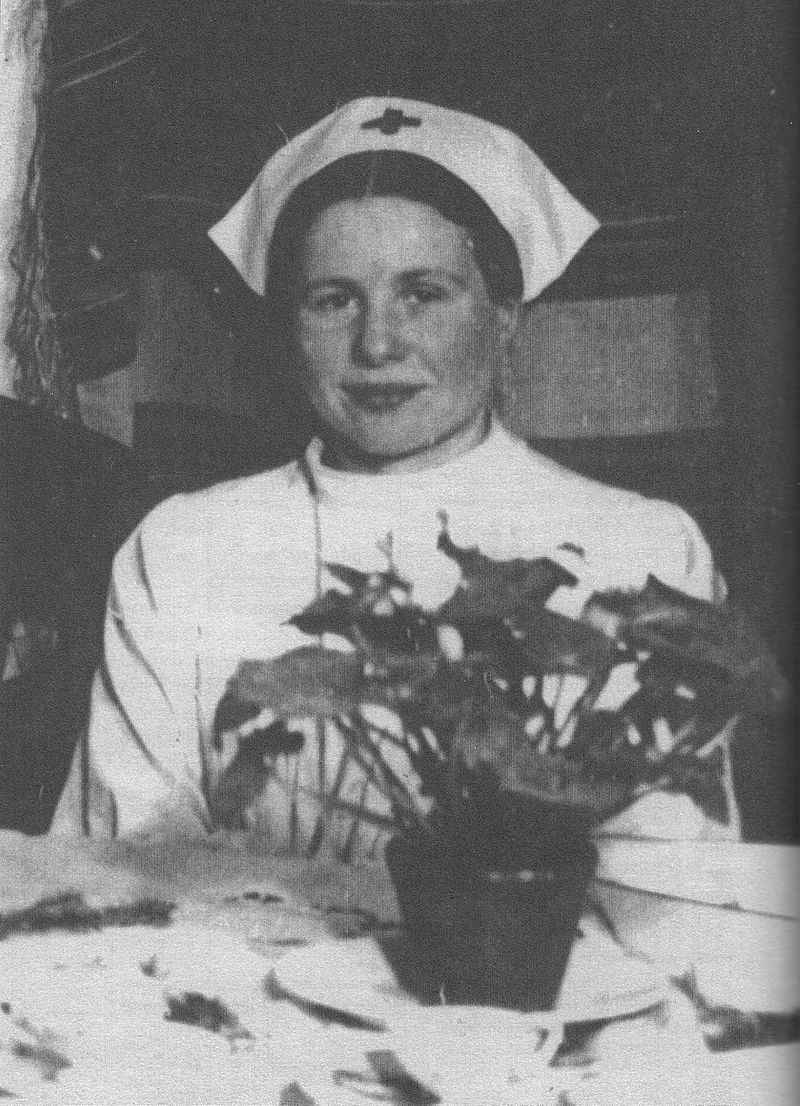
Irena Sendler was another person who made many contributions to the rescue of Jewish children. When Germany occupied Poland in 1939 and created the Warsaw Ghetto, Irena remained in Warsaw to aid the sick and prevent disease as a social worker.
Beyond her official duties, Irena secretly collaborated with the Zegota, a Polish Council aiding Jews, to rescue Jewish children. Over three years, she risked her life to smuggle them out of the ghetto, placing them with Christian families and providing them with new identities and Christian teachings.
Despite the constant threat of death if caught, Irena continued her dangerous work. In October 1943, she was betrayed, arrested by the Gestapo, and brutally tortured.
Despite this, she never revealed the identities of those helping her or the children she saved. Eventually, she faced execution, but the Polish resistance bribed the German guards to release her.
After her escape, Irena remained active in aiding Jewish people. She ultimately saved around 2,500 children from certain death. In 1965, Israel honored her as Righteous Among the Nations for her extraordinary courage and humanity during the Holocaust.
3. Army private saved fellow soldiers from drowning at sea
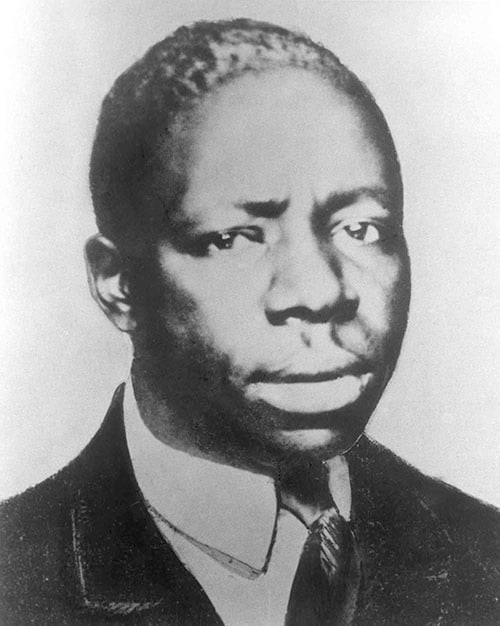
African-American soldiers in the US military faced discrimination both at home and in their service, yet they remained steadfast in their duties. Private George Watson exemplifies this bravery.
Desiring to serve in combat, Private Watson could only enlist in support roles due to Army restrictions on African Americans. He joined a Quartermaster unit bound for New Guinea in 1943. During the journey, Japanese planes attacked the ship near New Guinea’s coast.
As the ship sank, Private Watson prioritized others over himself. Despite his ability to reach life rafts, he repeatedly swam back to rescue non-swimming soldiers. Amidst enemy fire and sinking chaos, he continued his selfless efforts until the ship’s sinking claimed his life.
Although his body was never recovered, Private Watson was posthumously awarded the Distinguished Service Cross, becoming the first African-American soldier in World War II to receive this esteemed honor for bravery.
4. A lone African American soldier saved his entire battalion
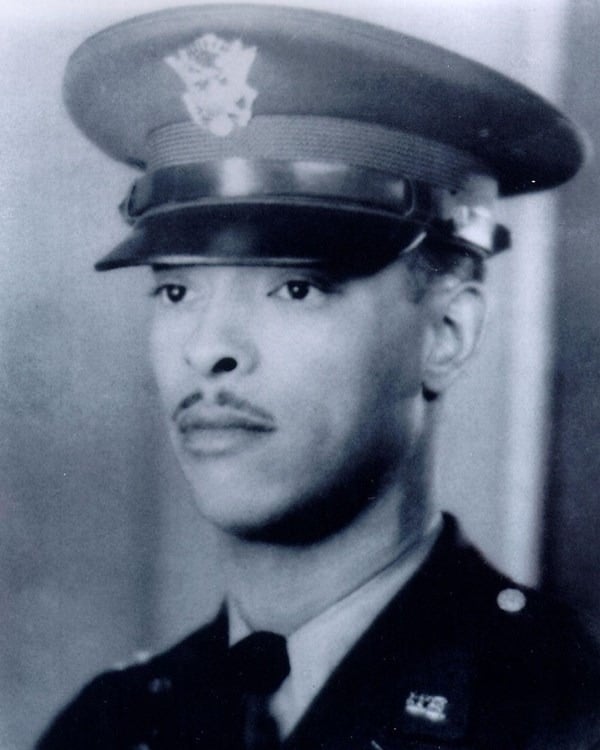
Lieutenant John R. Fox distinguished himself in battle during World War II. By 1944, African-American soldiers were allowed to serve in segregated combat units due to heavy casualties earlier in the war.
Lt. Fox served as an artillery forward observer in the 92nd Infantry Division in Italy. By Christmas 1944, his unit held defensive positions in the village of Sommocolonia, spread thinly with around 1,000 men covering a wide front.
On Christmas night, German forces launched a surprise attack on American and Italian partisans. Despite being vastly outnumbered, Lt. Fox displayed incredible bravery. He exposed himself to call in artillery fire on the advancing enemy, fully aware of the danger to his own life.
He made a crucial decision as the Germans closed in on his position. He requested artillery fire directly on his own observation post to stop the enemy assault. Initially hesitant, his commanders approved the request after realizing the dire situation.
Tragically, Lt. Fox did not survive the bombardment, but his heroic sacrifice blunted the enemy offensive and saved many lives. A week later, allied troops recaptured Sommocolonia, discovering Lt. Fox’s destroyed observation post, surrounded by over 100 dead German soldiers.
Despite his heroic sacrifice, Lt. Fox’s actions went unrecognized for decades due to racial discrimination in the military. It wasn’t until 1982 that he was posthumously awarded the Distinguished Service Cross. In 1997, his medal was upgraded to the Medal of Honor.
5. A German Shepherd dog determined to protect his owner at all costs
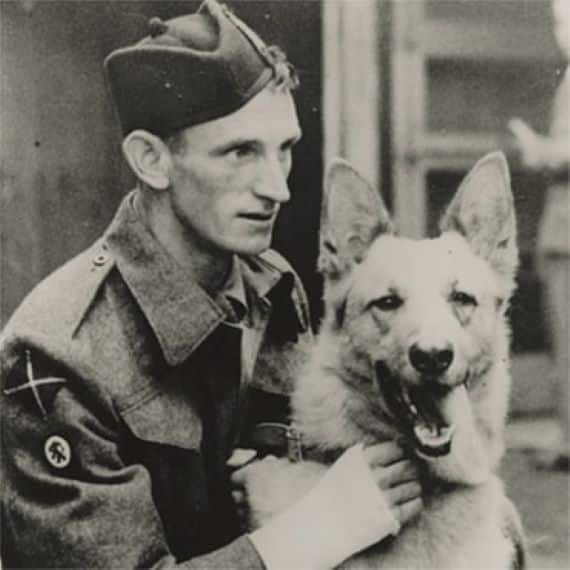
During World War II, not all heroes were human—some were animals, like Rifleman Khan, a German Shepherd.
Donated to the British military in 1942, Khan was trained for various tasks, including guard duty and bomb detection, alongside his handler, Lance Corporal James Muldoon of the Cameronians (Scottish Rifles).
Together, they faced tough battles in Italy before being deployed to the Western Front to help liberate the Netherlands during the Battle of the Scheldt.
During the assault, Muldoon’s unit faced heavy artillery and mortar fire. Their landing craft was hit by an enemy shell, throwing survivors into the water. Khan swam to shore and then bravely went back through gunfire to rescue Muldoon as he was struggling in the surf.
After this courageous act, Rifleman Khan was awarded the Dickin Medal, the highest honor for military working animals. Khan and Muldoon were reunited after Muldoon recovered from his wounds, and they lived together in peace for the rest of Khan’s life.
6. A Nepalese Gurkha single-handedly held off 200 Japanese soldiers
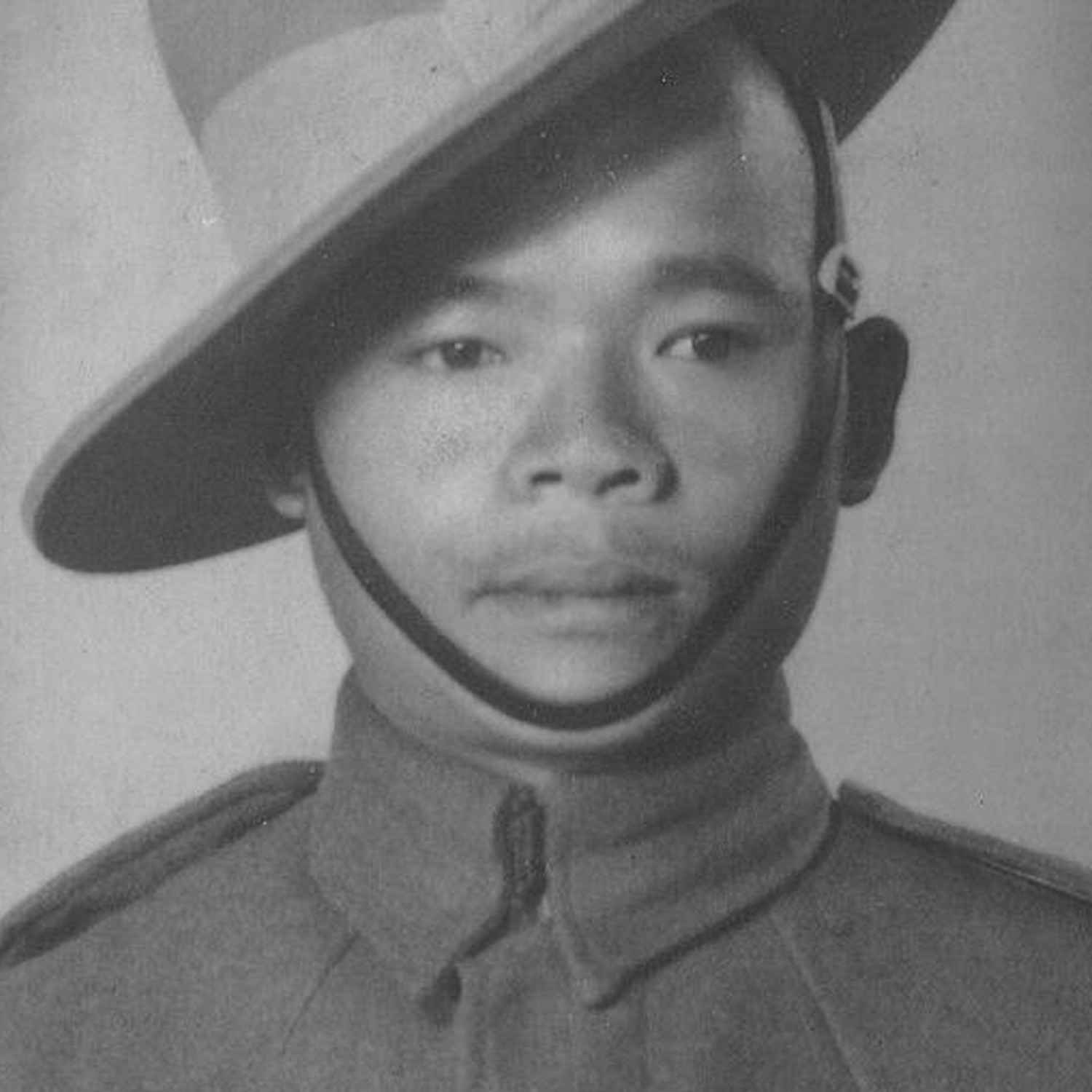
Lachhiman Gurung, a Nepalese Gurkha soldier serving in the British Empire, displayed extraordinary bravery during a fierce battle in May 1945, which earned him the Victoria Cross.
When his frontline position was attacked by 200 Japanese soldiers, and his comrades were wounded and evacuated, Gurung remained steadfast.
Remarkably, Gurung fought single-handedly, quite literally, as a Japanese grenade had severely injured his right hand, face, body, and leg.
Undeterred by these grievous wounds, he planted his knife in the ground, defiantly proclaiming he would not let anyone pass, and held off the enemy for four hours.
By the end of the intense battle, Gurung had repelled the Japanese assault with the death of 31 enemy soldiers. Despite losing his right eye and hand, he survived and lived a modest life until his passing in 2010.

